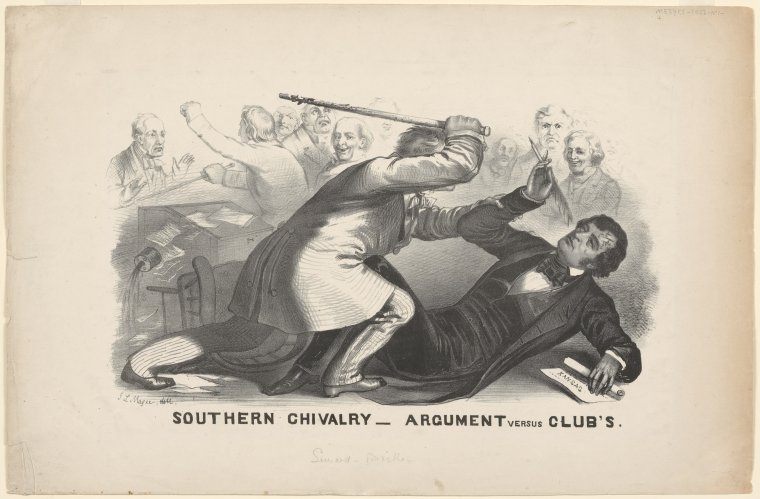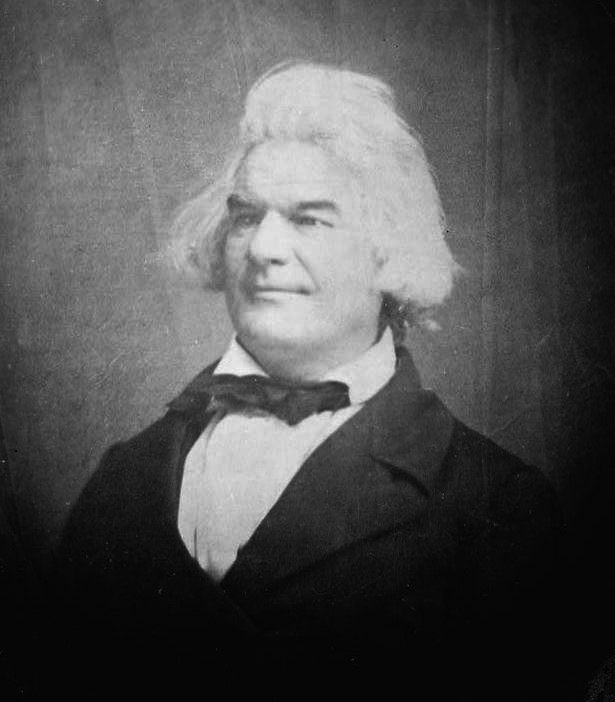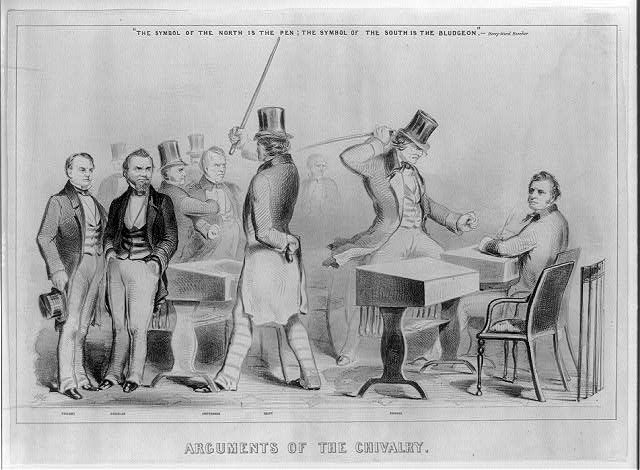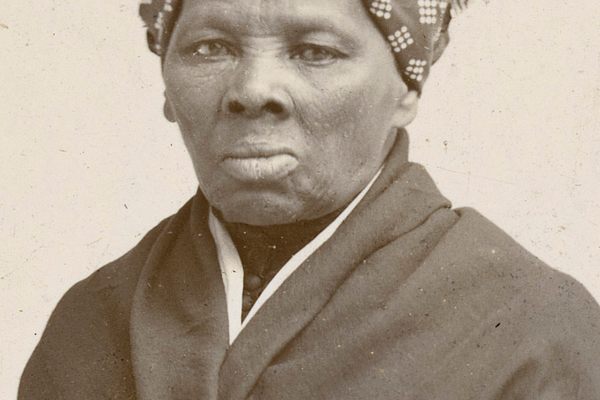Remembering One of the Most Violent Days in the History of the U.S. Senate
On May 22, 1856, a member of the U.S. House of Representatives caned a Senator into unconsciousness.

In late May of 1856, Charles Sumner, a senator from Massachusetts, stood up in front of his colleagues and employed a prescient metaphor. He was speaking on what was then known as the “Kansas Question:” whether new United States territories, such as Kansas, should be allowed to legalize slavery through a popular vote. While the Senate’s many pro-slavery members supported such an option, Sumner and his abolitionist colleagues did not. Congress had been arguing about it for years.
In his speech, Sumner aligned his fellow abolitionists with the Declaration of Independence, and his opponents with an opposite doctrine, one that let the powerful make decisions on behalf of the many. “Now these two principles… must grapple on this floor,” he said. These words were both powerful and prophetic. Just a few days later, Sumner would find himself bleeding in the Senate chambers, the victim of a literal political attack.
Sumner’s speech was long and impassioned. It started on May 19, and ended up spilling over into following day, lasting five hours in total. “Compelling [Kansas] to the hateful embrace of Slavery,” he said, would be an “uncommon tragedy”—one that would give a victory to those who would “disregard the Constitution, the laws, and all the great examples of our history,” and would push the country even further toward civil war.

Over the course of the speech, Sumner called out a number of his colleagues, but two senators in particular bore the brunt of his ire: Stephen A. Douglas of Illinois and Andrew Butler of South Carolina. Together, they had authored the Kansas-Nebraska act, which held that the question of slavery in each territory should be decided by popular sovereignty, rather than kept off the table entirely.
Sumner compared Douglas and Butler to two literary buffoons, Don Quixote and Sancho Panza. In the speech itself, he called Butler an “incoherent” rambler who “cannot open his mouth, but out there flies a blunder.” (Butler had a speech impediment from a recent stroke.)* He had committed himself to “the harlot Slavery,”—a mistress who was “ugly to others” and “polluted in the sight of the world,” but was “lovely to him” and “chaste in his sight.” He even offered Butler sarcastic praise, calling him “Heroic knight! Exalted senator!” and “A second Moses come for a second exodus.” At one point, Douglas directly challenged him, and he pulled no punches, comparing him to a “noisome, nameless animal,” who “fills the Senate with offensive odor.”

Sumner thought the speech went well—well enough that a few days later, on May 22, he sat down at his desk in the Senate chamber with a stack of printed copies, preparing to mail them to fans and constituents. It was then that Representative Preston S. Brooks entered the chamber. Brooks was a relative of Butler, and a fellow South Carolinian. In a later statement to a Senate investigatory committee, a witness named Joseph Nicholson recalled watching him approach Sumner with surprise, and described what followed:
“I saw Colonel Brooks lean on and over the desk of Senator Sumner, and seemingly say something to him, and instantly, while Senator Sumner was in the act of rising, Colonel Brooks struck him over the head with a dark-colored walking cane, which blow he repeated twice or three times, and with rapidity. I think several blows had been inflicted before Senator Sumner was fully in possession of his locomotion, and extricated from his desk, which was thrown over or broken from its fastenings…
As soon as Senator Sumner was free from the desk he moved down the narrow passage way under the impetuous drive of his adversary, with his hands up as though to ward off the blows which were rained on his head with as much quickness as was possible for any man to use a cane on another whom he was intent on chastising.”

Sumner was eventually carried out, unconscious and bleeding, while Brooks left the chambers unscathed. He later told two colleagues that he had meant to punish Sumner for what he considered to be “an atrocious libel on South Carolina” and “a gross insult on my absent relative.” He added that no one had interrupted him—possibly because another South Carolina representative, Laurence Keitt, was apparently backing him up with a brandished pistol—and that he only stopped at all “because I had punished [Sumner] to my satisfaction.”
An investigation and criminal trial failed to punish Brooks in turn, and although he eventually resigned, it was a token gesture: He was quickly re-elected, and happily took back his seat. (He died early the next year, at the age of 37, after a bout of croup.) Meanwhile, it took Sumner three years to recover from his injuries and return to the Senate.
This wasn’t the last Congressional fight: Two years later, Keitt would start a full-on brawl on the House floor. But it was a particularly loaded one. “These two men, in many important ways, personified the clash between North and South,” writes historian Williamjames Hull Hoffer in his account of the attack. “In the caning one can see, as if in a perfect mirror, the sectional differences… that split the nation and brought the war.” The winner, of course, would be different.
*Update 5/24: This post has been updated to add more historical context about Butler’s health and relation to Brooks.
















Follow us on Twitter to get the latest on the world's hidden wonders.
Like us on Facebook to get the latest on the world's hidden wonders.
Follow us on Twitter Like us on Facebook